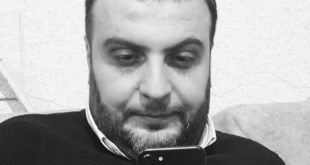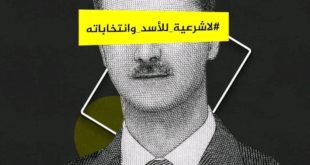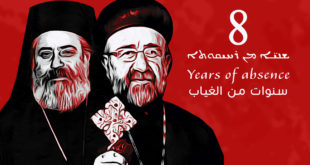ADO-World.org
22 Aug 2011
The death toll from Syria’s crackdown on anti-government protesters has passed 2,200, the UN says, as the world body’s rights council held an emergency session to discuss the situation in the country.
"As of today, over 2,200 people have been killed since mass protests began in mid-March, with more than 350 people reportedly killed across Syria since the beginning of Ramadan," Navi Pillay, the human rights chief, told the council on Monday.
In Syria, activists told Al Jazeera that three more people were killed in the city of Homs on Monday, shortly after a UN humanitarian mission was deployed there to assess the situation on the ground. One of the dead was said to be a baby.
Hundreds of protesters gathered in a square in the city as the mission arrived, chanting slogans for the toppling of the government.
"When the delegation left, security forces opened fire on civilians," the Local Co-ordination Committees said.
A Western diplomat, commenting on the UN deployment to Syria, told Al Jazeera there were "grave misgivings" in the delegation about continuing the mission "when the Syrian authorities move in after they leave a location and shoot dead those attempting to testify.
"Far from uncovering crimes against humanity, this UN mission is provoking the regime into committing them. A whitewash became a fiasco and that fiasco has now turned into a murderous road show."
‘Terrorise our country’
In a report released last week, UN investigators said the Syrian government of President Bashar al-Assad could be guilty of crimes against humanity, citing claims of summary executions and mass torture.
A UN human rights expert said Arab nations agreed to demand that Syria allow an international probe within its borders to see whether crimes against humanity were committed.
Jean Ziegler, a member of the UN Human Rights Council’s advisory committee, told The Associated Press that Kuwait will make the demand on behalf of Arab nations during the council’s special session on Monday.
The 47-nation council is expected to agree to an investigation in Syria with the Arab nations backing it, Ziegler said, as the meeting was scheduled to continue on Tuesday.
Syria’s ambassador to the UN in Geneva, Fayssal al-Hamwi, tried to pre-empt the demand by telling diplomats at the outset of the session that his nation is "ready to receive” a UN inquiry within its borders sometime "in the near future", as soon as Syrian authorities finish their own probe.
He said his nation was the victim of "an attempt to terrorise our country” and a misleading campaign aimed at overthrowing the regime that included "the lies and the hatred of mass media".
The international community has stepped up pressure on Assad in recent weeks, with the US and EU explicitly calling on him to step down.
The Syrian government has repeatedly blamed the unrest in the country on "armed terrorist groups" and defended the military operations.
In an interview broadcast on state TV on Sunday, Assad warned against foreign military intervention in his country, saying: "Any action against Syria will have greater consequences [on those who carry it out], greater than they can tolerate".
Assad also spoke about political reforms, saying local elections were to be held within months, to be followed by parliamentary polls in February 2012.
On Monday, he signed a decree setting up a commission – chaired by the prime minister and comprising a magistrate and two lawyers – tasked with legalising political parties.
Source: Al Jazeera and agencies
 Assyrian Democratic Organization ADO
Assyrian Democratic Organization ADO






